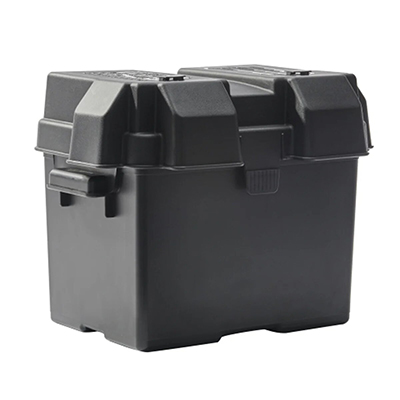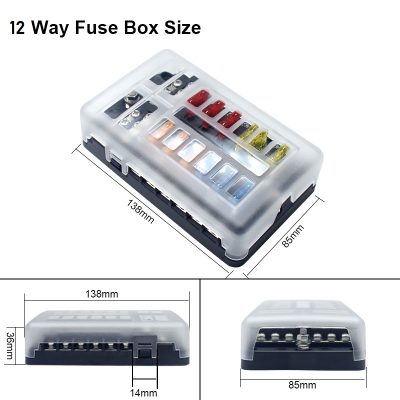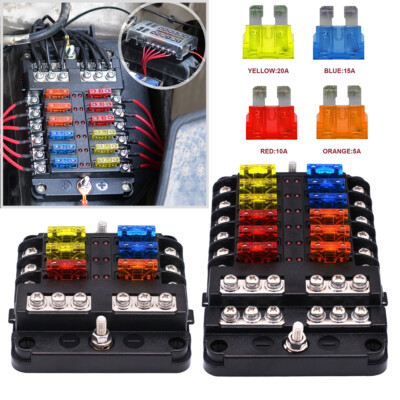Key Functions of Automotive Fuses in Suspension and Electronic Control Systems
News 2025-10-13
Car fuses play a vital role in safeguarding vehicle components, particularly in systems like car suspension and electronic control units (ECUs). These small but essential devices protect circuits from excessive current, preventing damage from overloads or short circuits. In modern vehicles, fuses are critical for ensuring reliable operation of advanced features, such as adaptive suspension and engine management systems. By interrupting faulty circuits quickly, fuses enhance safety and longevity, making them indispensable in the automotive industry. Their integration into complex systems underscores the importance of selecting high-quality fuses that meet specific performance standards.

Applications in Car Suspension Systems
Suspension systems rely on fuses to protect sensitive electronic components that control damping and height adjustment. For instance, in vehicles with electronic stability control, fuses safeguard actuators and sensors from power surges during rough terrain or sudden maneuvers. This protection ensures consistent performance, maintaining ride comfort and handling precision. Fuses in these applications offer rapid response times, often blowing within milliseconds to isolate faults, which minimizes downtime and repair costs. Their compact design allows seamless integration into tight spaces, providing durable protection against environmental factors like vibration and moisture.
Performance Advantages in Electronic Control Units
Electronic control units (ECUs) manage critical functions such as engine timing and braking systems, where fuses act as the first line of defense against electrical failures. In ECUs, fuses prevent catastrophic damage by disconnecting power during overcurrent events, preserving data integrity and system functionality. Key advantages include high thermal stability and low resistance, which reduce energy loss and improve efficiency. These features enable ECUs to operate reliably in extreme conditions, from high-speed driving to cold starts, enhancing overall vehicle reliability and reducing the risk of electronic malfunctions.
Frequently Asked Questions
1、What types of fuses are used in car suspension systems?
Blade-type fuses are common due to their compact size and ease of replacement, offering reliable protection for low-voltage circuits in suspension components.
2、How do fuses improve the performance of ECUs?
Fuses protect ECUs by quickly interrupting excessive current, preventing overheating and component failure, which ensures stable operation and extends the lifespan of electronic systems.
3、Can a blown fuse affect vehicle safety?
Yes, a blown fuse can disable critical systems like ABS or stability control, potentially compromising safety, so regular inspection is essential for maintaining vehicle integrity.


